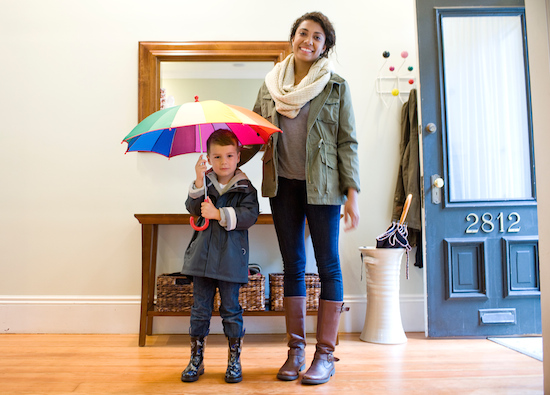
Tis the season! October marks the official start of the dreaded cold and flu season. Summer is hardly over, and schools, daycare facilities and medical offices across the country are already reporting a spike in cases of flu and viral infections.
The media has parents especially anxious about the rise in super viruses, such as the Enterovirus D68 that is causing severe respiratory problems in infants and young children. You can help to keep your child safe from the virus and other nasty bugs by taking proactive efforts and having back-up childcare plans to avoid spreading viruses your child may catch to others.
Tips for Staying Healthy and Preventing the Spread of Infection
- Washing hands frequently is the number one thing you can do to help your kids avoid getting sick, especially before eating. Use soap and water.
- Remind kids to avoid touching eyes, nose and mouth.
- Teach them to cough or sneeze into their elbow, rather than their hands.
- Clean and disinfect your home regularly, especially places touched often, such as door handles, light switches and surfaces in the kitchen and bathroom.
- Keep your child home from school or daycare if he is sick and has a fever. Most facilities require a child to be fever-free, without fever-reducing medications, for at least 24 hours after he’s had a fever.
- Be sure to have a back-up plan in place in case your child does get sick and is unable to go to school or daycare. Urbansitter makes it easy to find a sitter when you’re in a pinch, and some sitters are willing to care for an infant or child home sick. Also talk to your employer and know your workplace policies for taking time off to care for a sick child.
- Don’t forget to get your child vaccinated against the flu. Everyone over the age of 6 months is advised to get a flu vaccine. This year, the CDC recommends the nasal spray vaccine for healthy children 2 years through 8 years of age when it is available and if the child has no contraindications or precautions to that vaccine.
- Remember to ensure that your child has a healthy diet with plenty of fruits and vegetables, stays hydrated, and gets plenty of exercise and sleep.
Symptoms of the flu and dangerous viruses like the Enterovirus often mimic those of a cold, including runny nose, coughing, fever and aches. If your child does get sick and has these symptoms, keep an eye on her and contact a doctor if she experiences breathing difficulties (wheezing, difficulty speaking or eating, belly pulling in with breaths, blueness around the lips) or high fever.
While the spread of dangerous bugs is always scary, you can help to keep your family safe by being smartly proactive and well prepared for sick days.


